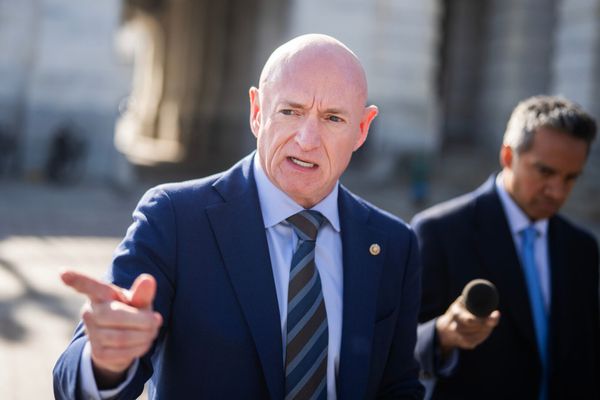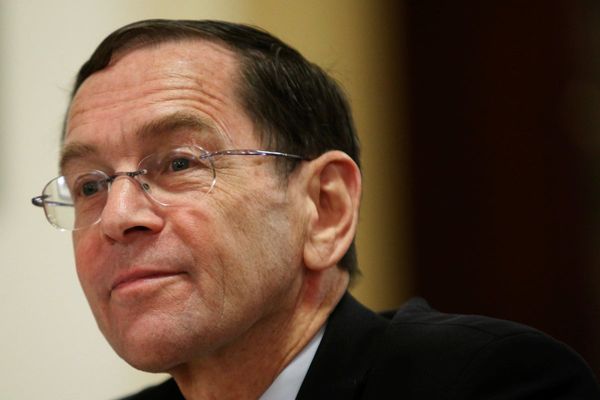
Compensation will be paid to commercial beekeepers whose hives and bees are destroyed as attempts to contain the deadly varroa mite continue.
But NSW Agriculture Minister Dugald Saunders says there are no plans at this stage to cover lost income.
“We’re now working on a specific plan around replacement of infrastructure so it’s literally replacing boxes and frames and bees,” he told AAP on Thursday.
“It is specifically to help beekeepers get back on their feet with the infrastructure they need.”
He said details of the compensation package should be worked out over the next week.
The minister is urging beekeepers to report their hives whether or not they are registered, and said those who are not already listed will not be punished.
“There are not going to be fines imposed,” he said.
About 600 beehives have so far been destroyed and eight properties infected as NSW continues attempts to contain the outbreak.
Mr Saunders said that figure could double or triple before the mite is contained.
“I wouldn’t be surprised in the next couple of days if we see some more zones pop up around … the Newcastle area,” he said.
“Unfortunately that will mean hives being destroyed.
“We’re literally tracing every hour of every day.”
Eradication zones are in place from the city of Newcastle north to Seaham, with another around Bulahdelah.
The NSW and federal agriculture ministers met on Wednesday afternoon to discuss the response to the discovery of the mite, which was first detected at the Port of Newcastle last week.
Mr Saunders said about 600 hives have been destroyed so far, with as many as 30,000 bees affected in each hive. Around 440 beekeepers have been impacted.
“Registered commercial beekeepers will be compensated for all essential equipment, hives and bees that are destroyed through this process,” he said.
“This support will be shared by industry and the state and commonwealth governments.”
But the minister said at this stage no compensation is on offer for recreational apiarists.
“We know that recreational beekeepers will play a big role in helping to help prevent the further spread of varroa mite,” the minister told AAP.
“They aren’t included in the current compensation agreements. We are looking at what support we can provide them if there is a need for it.”
Acting chief executive of the Australian Honey Bee Industry council Danny Le Feuvre told AAP because of a surplus of supply there have been no price increases to the price of honey, but he encouraged consumers to buy local.
“At the moment the best thing people can do to help the industry is buy Australian honey,” he said.
“There is a significant amount of imported honey on the shelves.”
Authorities in NSW remain optimistic the pest could still be eradicated.
A ban preventing beekeepers from moving or tending to their bees remains in place in the state.
While on Thursday Queensland joined South Australia in stopping bee products and related equipment from NSW entering their jurisdictions.







